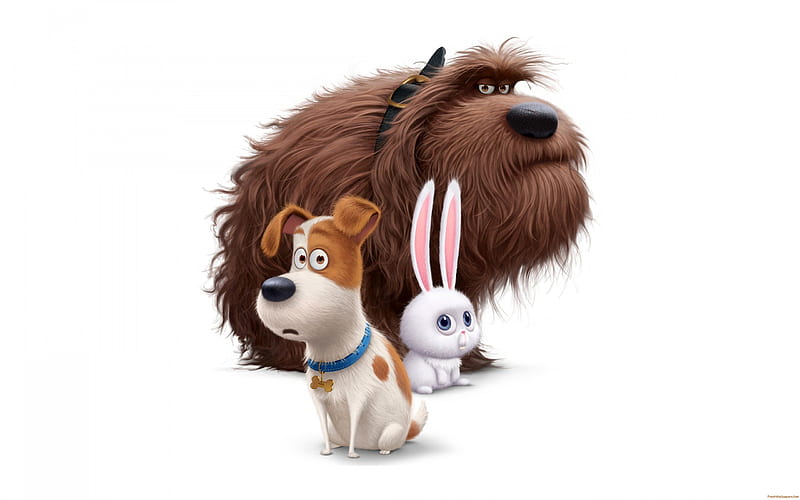In the grand tapestry of life, pets weave a unique and colorful thread, bringing joy, companionship, and a touch of whimsy into our daily routines. Whether you’re a proud dog parent, a devoted cat lover, or a hobbyist with a penchant for reptiles, the role of a pet parent is as rewarding as it is demanding. Let’s delve into the essentials of pet parenting and explore how to create a harmonious and enriching environment for your beloved animal companions.
Understanding Your Pet’s Needs
Each pet, from the smallest hamster to the largest dog, has specific needs that are crucial to their well-being. These needs fall into several categories:
- Physical Health: Regular veterinary check-ups, a balanced diet, and appropriate exercise are fundamental. Each species has unique dietary requirements and exercise needs, so it’s essential to do your research or consult with a vet to keep your pet in top shape.
- Mental Stimulation: Pets thrive on mental engagement. For dogs, this might mean interactive toys or puzzle feeders. Cats might enjoy climbing structures or laser pointers. Even small animals like hamsters benefit from enrichment activities like tunnels or exercise wheels.
- Emotional Well-being: Pets are sensitive to their environments and the emotions of their owners. A stable, loving home environment is crucial. Spend quality time with your pet, show affection, and be mindful of changes that might affect their emotional state.
Creating a Pet-Friendly Environment
- Safety First: Ensure that your home is safe for your pet. This means securing toxic substances, safeguarding electrical cords, and removing small objects that could be swallowed. For outdoor pets, ensure their environment is secure and free from harmful plants or predators.
- Comfort and Space: Provide a comfortable living space for your pet. For dogs and cats, this might be a cozy bed in a quiet corner. For smaller pets, a well-ventilated and appropriately-sized habitat is essential. Make sure they have space to move around and feel at ease.
- Training and Socialization: Proper training and socialization are key to a well-adjusted pet. Basic commands and good behavior should be encouraged from an early age. Socialization helps pets adapt to various environments and interactions, reducing anxiety and fostering confidence.
Building a Bond
- Quality Time: Spend time engaging in activities your pet enjoys. For dogs, this could be a walk or play session. Cats might appreciate interactive play or gentle grooming. Even reptiles and birds benefit from regular interaction that respects their needs.
- Positive Reinforcement: Use positive reinforcement to encourage good behavior. Treats, praise, and affection are effective ways to communicate that your pet has done something right. This approach strengthens the bond between you and helps in training.
- Understanding and Patience: Every pet has its personality and quirks. Understanding their behavior and being patient, especially during training or adjustment periods, will help build trust and a strong relationship.
The Rewards of Pet Parenting
The joys of pet parenting are immense. From the unconditional love of a dog to the calming presence of a cat, pets enrich our lives in countless ways. They teach us responsibility, empathy, and the value of companionship. The laughter they bring with their playful antics, the comfort they provide in tough times, and the simple pleasure of their company are gifts that make the challenges of pet parenting worthwhile.
In essence, pet parenting is a journey filled with learning and growth for both the pet and the owner. By understanding your pet’s needs, creating a safe and stimulating environment, and nurturing your bond, you’ll ensure a happy, healthy life for your furry, feathered, or scaly friend. So embrace the adventure with love and commitment—your pet will surely appreciate it, and you’ll reap the countless rewards of a life shared with a loyal companion.

Leave a Reply